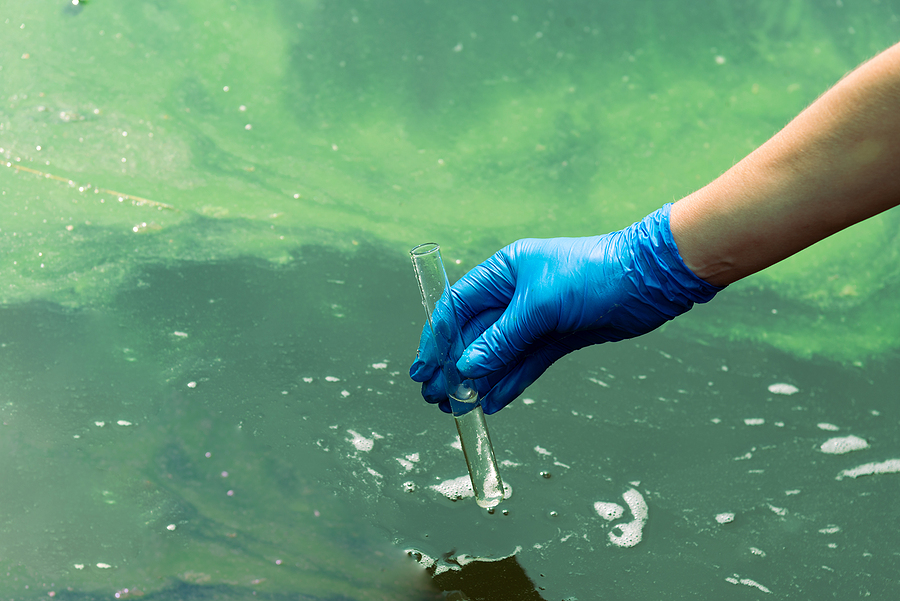The Camp Lejeune Justice Act is a new law signed by President Joe Biden in August 2022.
This law allows affected individuals to sue the government and seek compensation for the damages caused by the toxic Camp Lejeune waters. As the incident goes, from 1953 to 1987, people living and working at the military base were unknowingly exposed to polluted water that contained harmful chemicals and toxins. This resulted in increased cases of various cancers, birth defects, and other serious health disorders.
If you or a loved one may have been exposed to the toxic water at Camp Lejeune, this act outlines important benefits and rights you should know about.
Understanding the Camp Lejeune Lawsuit
The lawsuit allows individuals to seek financial compensation for health conditions tied to the contaminated drinking water at Camp Lejeune.
The Camp Lejeune toxic water lawsuit also claims that the government failed to warn residents of the contamination and failed to take appropriate action to address the issue. However, as veterans couldn’t sue the government under the Feres Doctrine and the common people in North Carolina failed to file a case within the statute of limitations, there were no legal proceedings.
This was until the Camp Lejeune Justice Act, passed in 2022 as part of the Honoring Our Promise to Address Comprehensive Toxics (PACT) Act.
The act enables victims to file claims seeking compensation for health conditions and damages tied to exposure to polluted water. The act also considers the Federal Tort Claims Act and supersedes the North Carolina statutes that previously prevented the victims from seeking justice.
As per the act, you can file a case by yourself, or with the help of a law firm, with the Navy JAG office. The Navy office has 180 days to review and adjudicate the case. According to TorHoerman Law, if no decision is made within that period, the victims can take the next step and file a lawsuit against the government in the US District Court for the Eastern District of North Carolina. This gives victims a path forward to potentially receiving a Camp Lejeune settlement for injuries, medical expenses, and other losses.
Now that you know what the Justice Act is, let’s look at how it benefits veterans and their families.
The Act Provides Medical Care For Exposed Veterans
Under the Camp Lejeune Justice Act, veterans who were based at Camp Lejeune for a minimum of 30 days between August 1, 1953, and December 31, 1987, are eligible for free health care from the Veterans Administration (VA). Affected individuals are eligible to receive compensation for 15 conditions linked to the contaminated drinking water.
These include kidney cancer, liver cancer, leukemia, Parkinson’s disease, aplastic anemia, and many more. The VA is required to provide hospital aid, medical assistance, and nursing home care for these conditions. This provides much-needed medical treatment for veterans impacted by polluted water at Camp Lejeune.
The Act Only Covers Specific Durations and Locations
It’s important to note that the Camp Lejeune Justice Act only applies to those who were at Camp Lejeune during specific years and locations.
The act covers the period from August 1, 1953, to December 31, 1987, when the contaminated wells were active. It also only applies to those who lived or worked specifically in the Hadnot Point or Holcomb Boulevard water systems on base, where toxins including benzene and trichloroethylene (TCE) exceeded health safety levels.
Those who were at Camp Lejeune besides these years and areas are not eligible.
The Deadline to File a Claim Is August 2024
Under the act, exposed individuals have a short two-year window to take legal action.
The deadline to make a claim is August 10, 2024. Hence, civilians must start exploring their legal options now before time runs out. The process of collecting records, finding an attorney, and preparing a claim takes significant time.
Don’t delay; act now to preserve your right to compensation.
You’ll Need Proof of Contamination Exposure
To pursue benefits under the Camp Lejeune Justice Act, concrete proof of exposure to the contaminated wells is required.
For veterans, obtaining military records showing residency on base between 1953 and 1987 can serve as evidence. Civilians will need documentation like employment records, housing contracts, or school registration proving they lived, worked, or went to school at Camp Lejeune during the exposure period.
This verification is key to accessing medical care and damages, so begin gathering any documents that can demonstrate your connection to the contaminated water.
In conclusion, the Camp Lejeune Justice Act is more than just a legal document. It’s a crucial piece of legislation that provides much-needed support and resources for those affected by the Camp Lejeune water contamination.
If you qualify for compensation, be sure to understand the key provisions of this new law so you can take full advantage of the benefits and file a claim before the deadline expires. Remember, resources and support are readily available, empowering you on your journey towards healing and closure.
It is advisable to hire a qualified Camp Lejeune attorney, as they can help guide the intricate legal process and maximize your compensation. So, don’t wait; act now and seek the justice and compensation you deserve.















